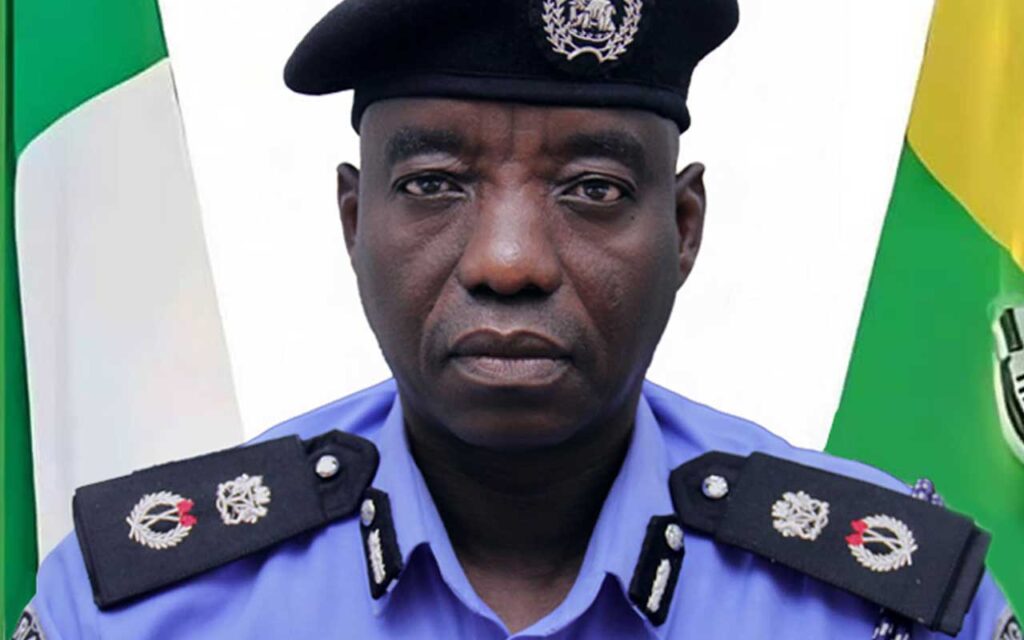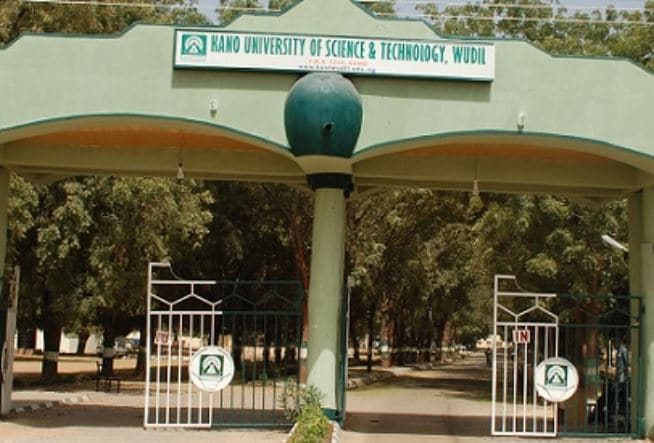
Barely two months after a Nigerian Army airstrike accidentally killed 85 people and injured several others in Igabi area of Kaduna State, the United States has said it will continue to engage with the Nigerian authorities on minimising harm to civilians during military operations.
Speaking on Tuesday during a briefing on the outcome of U.S. Secretary of State, Antony Blinken’s recent trip to the Nigeria and update on U.S. policy with Africa, Assistant Secretary of State for African Affairs, Molly Phee, said: “As always when we meet with our Nigerian partners, we talk about how to minimize harm to civilians when undertaking complicated operations against the terrorist threat that Nigeria experiences – also the threat from Boko Haram and from bandits.
“The Secretary also had the opportunity to meet with civilian leaders to talk about their engagement to promote the rights and opportunities for different civilian groups. So this is a topic that remains an ongoing component of our conversation with Nigeria, and we look for ways in both our policies and programs to support Nigeria’s wish to make sure that the country is safe and secure for all of its citizens.”
When asked specifically the nature of their discussion, and what the repercussions for Nigeria will be and possible action the U.S. will take if Nigeria’s military continues to harm civilians, Phee declined further comments, saying “I’m not going to get into hypotheticals.”
Recall that on December 3, 2023, 85 people were killed in an air strike at Tudun Biri village in Igabi LGA of Kaduna during a religious procession in one of the country’s deadliest military bombing accidents. President Bola Tinubu had ordered probe of the incident.
Reacting to the withdrawal of Mali, Niger Republic and Burkina Faso from the Economic Community of West African States (ECOWAS), the U.S. diplomat stated: “We are closely monitoring developments in the Sahel and in Coastal West Africa. And we believe it’s important for everyone to focus on dialogue and cooperation.
“We know that all of the peoples of the ECOWAS region are concerned about security, they’re concerned about governance, they’re concerned about economic development, and we would hope that they could work together to find common ground and to look for shared ways to support each other in managing these challenges.
I think you know that we have long supported African-led solutions to problems.
“We believe that given the fact that some of the Sahel states are landlocked, it’s important for them to have good links with their partners in Coastal West Africa. So, we are encouraging dialogue and cooperation.”













